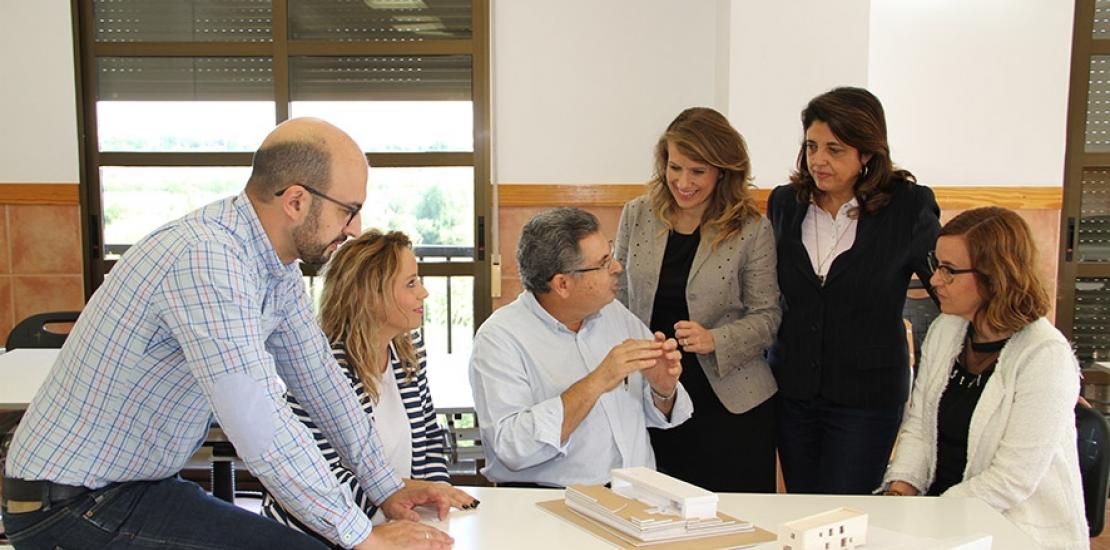Healthier homes to reduce mortality and morbidity rate in Europe
The new ‘BIMhealthy’ European Project, coordinated by UCAM, analyses BIM (Building Information Modelling) houses behaviour to prevent cardiovascular and respiratory diseases.<br /> <br />
Insufficient natural light, indoor air pollution and excessive external noise are a fertile ground for infectious and mental illnesses that can provoke irritability, anxiety, depression and sleeping disorders. Likewise, many studies state that there is a positive correlation between the quality condition of the house and the health of those who live in it, since an inadequate physical and community environment heightens the risk of suffering from psychological and mental illnesses. This, in turn, even leads to higher mortality rates due to all these causes.
Furthermore, the impossibility to maintain an adequate temperature in the house or energy poverty have also been related to high mortality and morbidity rates, mainly due to cardiovascular and respiratory pathologies.
Members of the project
The UCAM researchers Paloma Echevarría, dean of the Faculty of Nursing; Isabel Morales, sub-director of the Bachelor’s Degree in Nursing; Juan Roldán, director of the Bachelor’s Degree in Architecture; Francisco Sánchez, sub-director of the Bachelor's Degree in Architecture; José Antonio Maestre, sub-director of the Bachelor’s Degree in Constructions Engineering; Belén López Ayuso, vice-chancellor for On-line Teaching and vice-chancellor of the Bachelor’s Degree in IT Engineering; Juan A. Pacheco, secretary of the Master’s Degree in Pathology in Building; David Maestre, teacher of the Bachelor’s Degree in Architecture and other teachers of the Faculty of Nursing and of the Bachelor’s Degree in IT Engineering, together with other five Spanish entities, Poland and Romania, will provide information and training to the professionals of the construction area, so that they acquire the ability to project houses as a context of health. The ‘BIMhealthy’ European project is co-financed by the EU through the Erasmus+ programme and it is supervised by the UCAM International Projects Office (OPRI).
This group of researchers of the Catholic University of Murcia gathered with its Spanish associates, which are the Business Research Association Marble and Stone Technology Centre (Asociación Empresarial de Investigación Centro Tecnológico del Mármol y la Piedra) and the Foundation for the Promotion of Health and Biomedical Research of the Valencian Community (Fundación para el Fomento de la Investigación Sanitaria y Biomédica de la Comunitat Valenciana), in order to decide the research methodology and the tools that will be used to present them afterwards, in the initial meeting of the project.
The meeting will be held at the Marble and Stone Technology Centre of Cehegín, where they will gather with the rest of the European associates which are Transilvania University of Brașov (Romania); Warsaw University of Technology (Poland) and the software development company, Datacomp (Poland).
The tool will allow to analyse how to reduce as far as possible the existing risk factors starting from design, micro-localisation and construction, and later on from use and maintenance, which also affect the health of its inhabitants.




